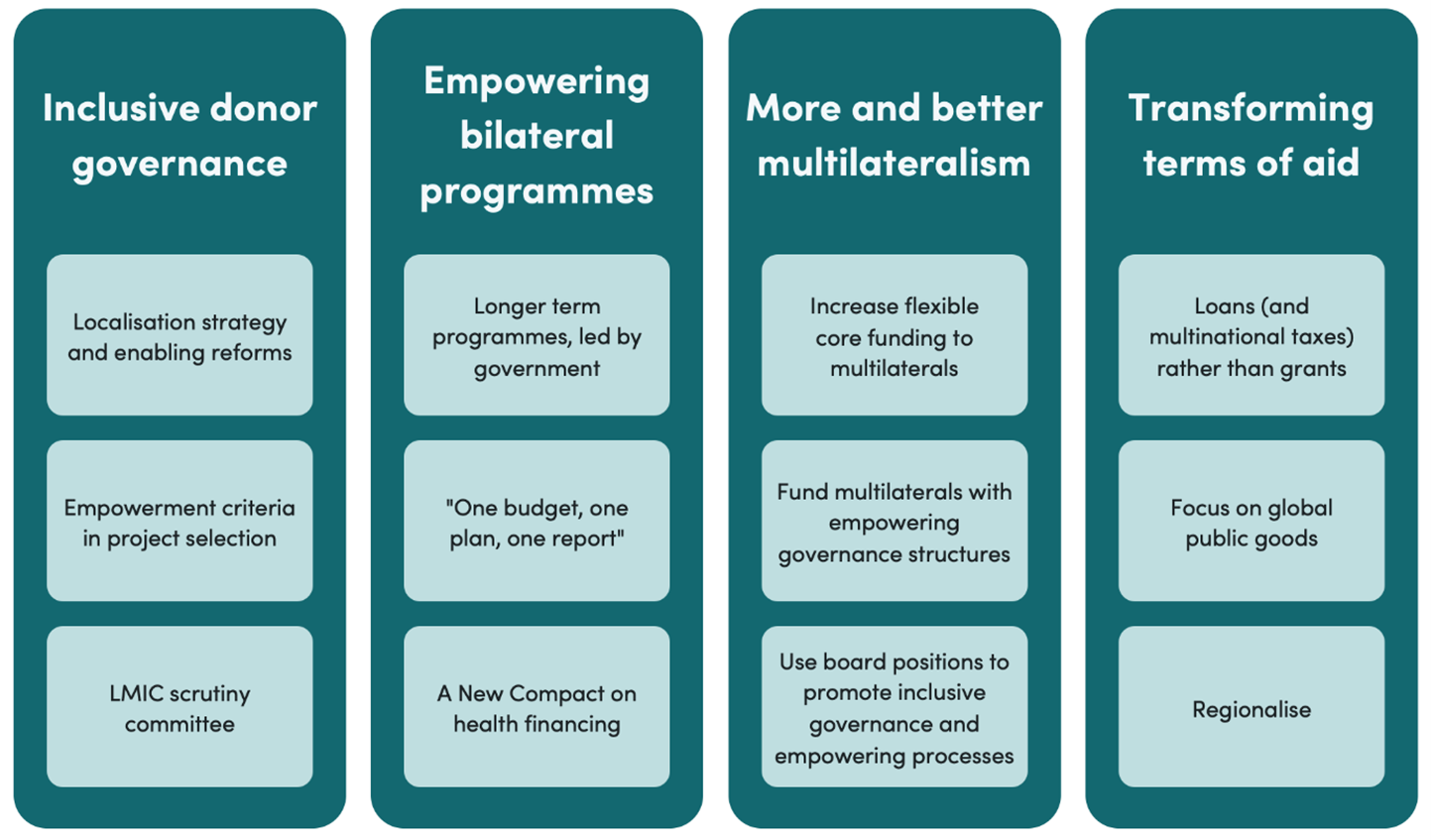In the coming week, a series of high-level meetings will thrust mental health into the spotlight of the development world. Five days of events (listed below), centered around the World Bank annual spring meeting, will bring the topic of mental health in low- and middle-income countries to a wider audience than it has ever reached.
Speaking to this audience requires a variety of languages, and global mental health speaks several: public health, medicine, anthropology, and human rights. But the language of economics is relatively new to the mental health space, much as mental health is new to the community of development economists. So what does an economic perspective have to offer the field of mental health, and what can development economists learn by embracing mental health?
Mental health is currently the orphan child within the long-overlooked field of noncommunicable diseases in low- and middle-income countries. Less than 1 percent of development assistance for health is directed towards mental health despite the fact that it represents approximately 10 percent of the global burden of disease. The status quo is not the result of malevolence, but rather of poor planning and a false impression that nothing can be done to improve these conditions. Yet there is much that can and should be done to improve the health of mental health systems globally, starting with improving mental health financing.
In a set of recommendations published today, CGD’s Making Room for Mental Health Working Group outlines five concrete actions to increase mental health coverage substantially and move toward universal health coverage. In brief, we recommend that country governments and international donors work to:
-
Invest more in mental health care to achieve coverage at scale.
-
Work with the World Bank to ensure implementation of the mental health components of the United Nation’s Global Strategy for Every Woman and Every Child.
-
Include common mental health services in primary care as part of guaranteed packages of health benefits.
-
Prevent mental illness through cash transfers.
-
Improve specialist care for acute episodes of mental illness.
If adopted, these recommendations stand the chance of significantly improving the lives and quality of lives of millions of individuals living with mental disorders globally. Good mental health is good for both society and GDP, as evidenced by the heavy cost of illness resulting from the contrary. Globally, the cost of mental health conditions was estimated at $2.5 trillion in 2010 and is projected to rise to $6 trillion by 2030. In contrast, treating mental disorders shows demonstrable effects on reducing poverty, and there are a number of cost-effective interventions for mental health care.
The upcoming meetings raise important new lines of inquiry around how best to finance mental health care in countries where per capita health spending is as low as a few dollars per year. They create an unprecedented opportunity to address and redress the parity of mental health in relation to other areas of health care. But they also run the risk of simply preaching to the choir and missing the ears of development economists. If mental health is to sing a new tune, it must learn to speak the language of economics, and if we development economists are to truly care about human capital, we ought to lend an ear to this new tune.
Upcoming Events
April 13: Mental Health Innovation Network, Innovation Fair
April 14: World Bank/WHO, Out of the Shadows: Making Mental Health a Global Priority
April 15: NIMH/Grand Challenges, Solving the Grand Challenges in Global Mental Health
April 16: Lancet Commission on Sustainable Development and Global Mental Health
April 17: Georgetown University, Global Mental Health: Transdisciplinary Perspectives
CGD blog posts reflect the views of the authors, drawing on prior research and experience in their areas of expertise.
CGD is a nonpartisan, independent organization and does not take institutional positions.




